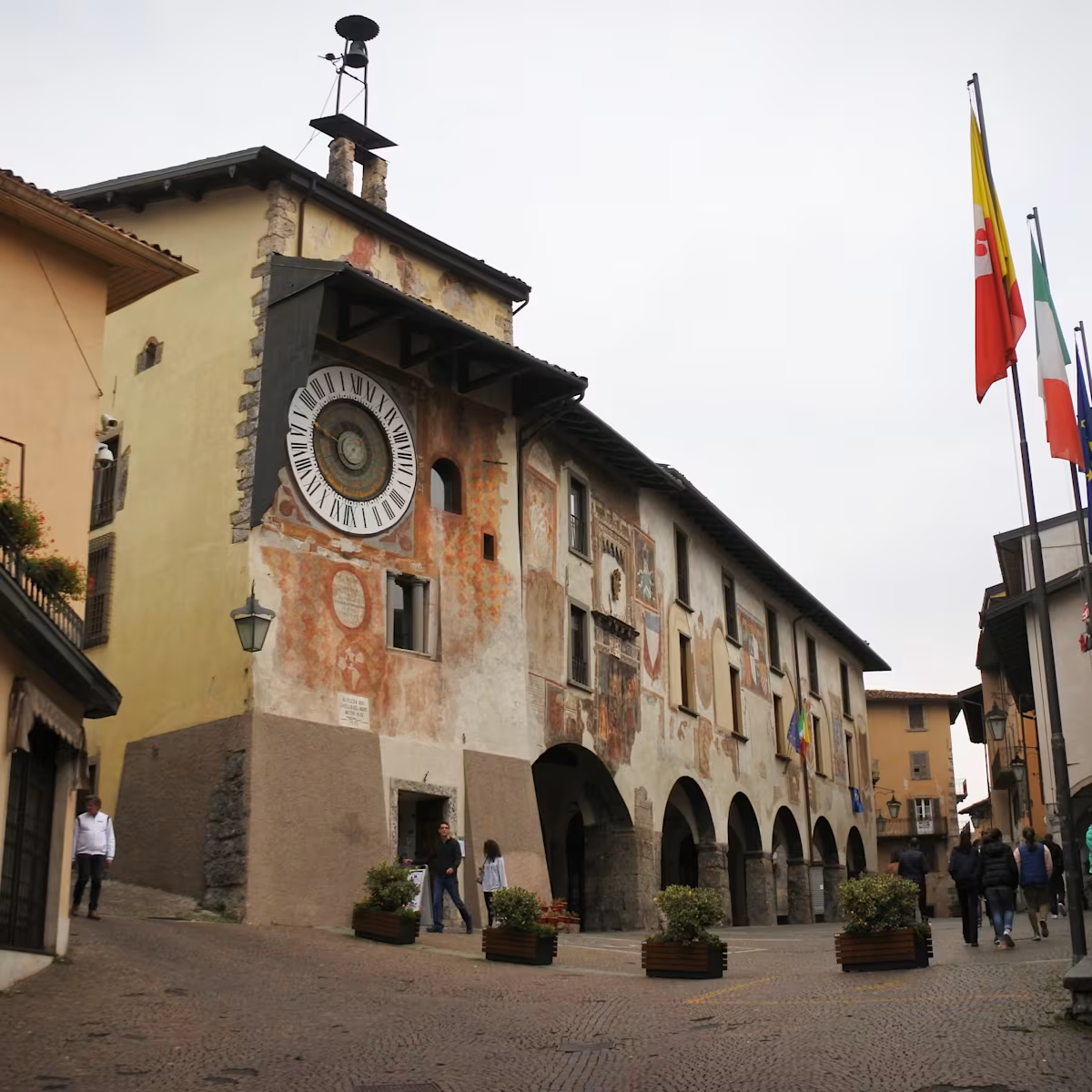Feature
Bach, Handel, and a Greek hero's choice
The surprising origins of the Christmas Oratorio
Share this

Emma Stafford is Professor of Greek Culture at Leeds University, and has particular research interests in the significance of Hercules (or Herakles) in Western culture. Continuo Connect caught up with her to find out about the unexpected links between J.S. Bach's Christmas Oratorio, Handel, and the ancient Greek hero...
Listening to the Christmas Oratorio’s sublime lullaby for the infant Christ, ‘Schlafe mein Liebster’ (‘Sleep, beloved’, no. 19), you might be surprised to learn what other words have been associated with the music, writes Emma Stafford.
The oratorio was first performed during the Christmas period of 1734. It makes extensive use of music from Bach’s three secular cantatas from the previous year, including Hercules auf dem Scheidewege (Hercules at the Crossroads, BWV 213). This tells the story of Hercules’ Choice between Virtue and Vice, a popular theme in early modern painting, first told by the sophist Prodicus to large audiences in fifth-century BCE Athens. In contrast to the familiar tales of the adult Hercules’ monster-slaying, Prodicus presents the hero as a young man reflecting on life choices as he sits in a quiet place (interpreted by the painters as a crossroads). Two women approach him, each outlining the benefits of following their path: Virtue is beautiful, modest, clothed in white and speaks of the divine and human approval to be won by a life of toil and sweat; Vice is artificially attractive, and offers easy access to pleasures of the flesh – food, drink, sex and sleep. In Xenophon’s Memoirs of Socrates (2.1.21-2), Socrates relates the story in support of an argument about the importance for young men of hard work and self-control.
Bach’s cantata was likewise written for the edification of a young man, specifically Crown Prince Friedrich Christian of Saxony, whose 11th birthday it celebrated on 5th September 1733. In this version, Hercules is cast as a contralto, reflecting his youth, while Virtue (Tugend) is more surprisingly a tenor, perhaps in order to present a contrast with the soprano who plays the specific vice of Lust (Wollust). It is Lust who sings the aria in question (no.3), which again begins ‘Schlafe mein Liebster’, but here goes on to urge Hercules to ‘follow the lure of inflamed thoughts / taste the pleasure/ of the lustful breast / and recognise no barriers’ – sentiments far removed from the Christmas story. Hercules does, however, go on to reject Lust’s temptations (no.5) and become united with Virtue, which is consistent with both the ancient Greek story and eighteenth-century Christian morality.
The adaptability of the story to contemporary mores made it popular in eighteenth-century music, including Handel’s one-act oratorio The Choice of Hercules (HWV 69), produced at Covent Garden in March 1751, with a libretto based on Robert Lowth’s The Judgement of Hercules, a Poem (1743). Here again Hercules is a contralto, and the ‘bad’ Pleasure a soprano, but Virtue is now a mezzo, and both have more scope to elaborate on their competing offers: Pleasure concludes ‘Short is my way, fair, easy, smooth and plain’ (no. 14) but is outdone by Virtue’s call to ‘Mount, mount the steep ascent / And claim thy native skies!’ (nos 19-20). Hercules finally makes his choice in Virtue’s favour in a recitative and aria (nos 22-3) just before a final celebratory chorus.
Neither of these renditions of the Choice story is often performed today, but their clever recycling of Greek myth equals the Baroque composer’s ingenuity in recycling their own music – to such brilliant effect.
For a detailed comparison of the two versions of the Bach aria, see Thomas Braatz (2011) ‘BWV 248/19 “Schlafe, mein Liebster”: a background study with focus on the colla parte flauto traverso part’, Bach Cantatas Website.
Share this
Keep reading

Beethoven revisited
Violinist Jacqueline Ross reflects on her evolving relationship with the composer’s violin sonatas, and her research-led project, ‘Beethoven Revisited’.

Nardus Williams & Elizabeth Kenny: The Four Humours | Wigmore Hall
The celebrated duo dive headlong into the world of the Four Humours, physical properties believed to govern human behaviour from ancient times until the 1850s.

Legrenzi: A forgotten genius full of surprises
In the town of his birth, the Musica Mirabilis ‘Giovanni Legrenzi’ Festival revives the legacy of a composer who links Renaissance polyphony with Baroque drama.

